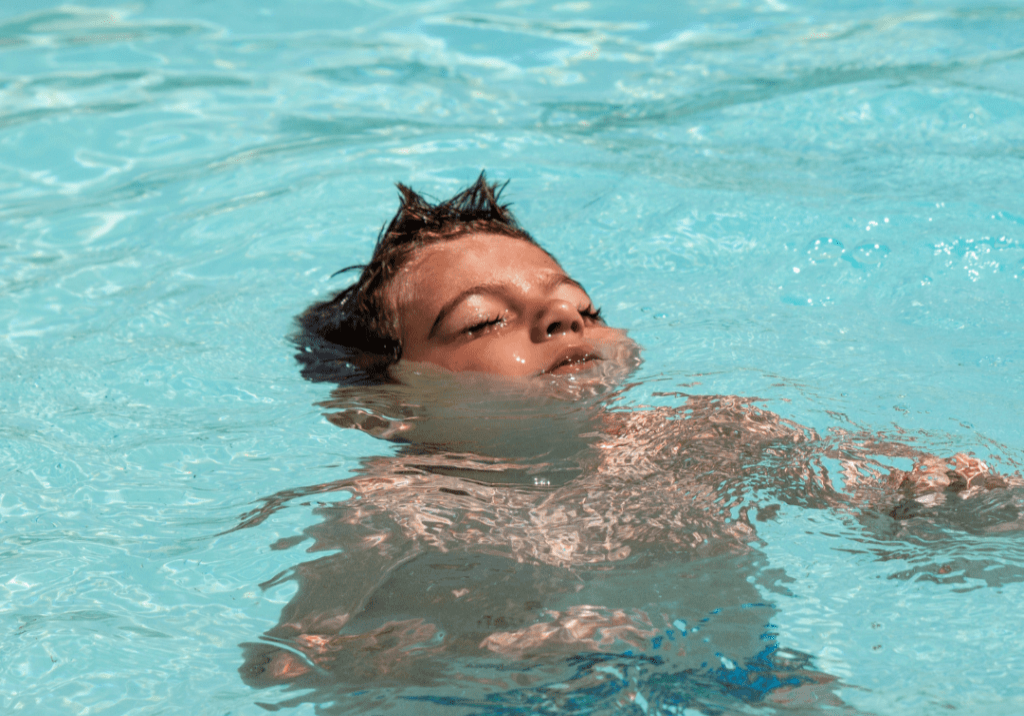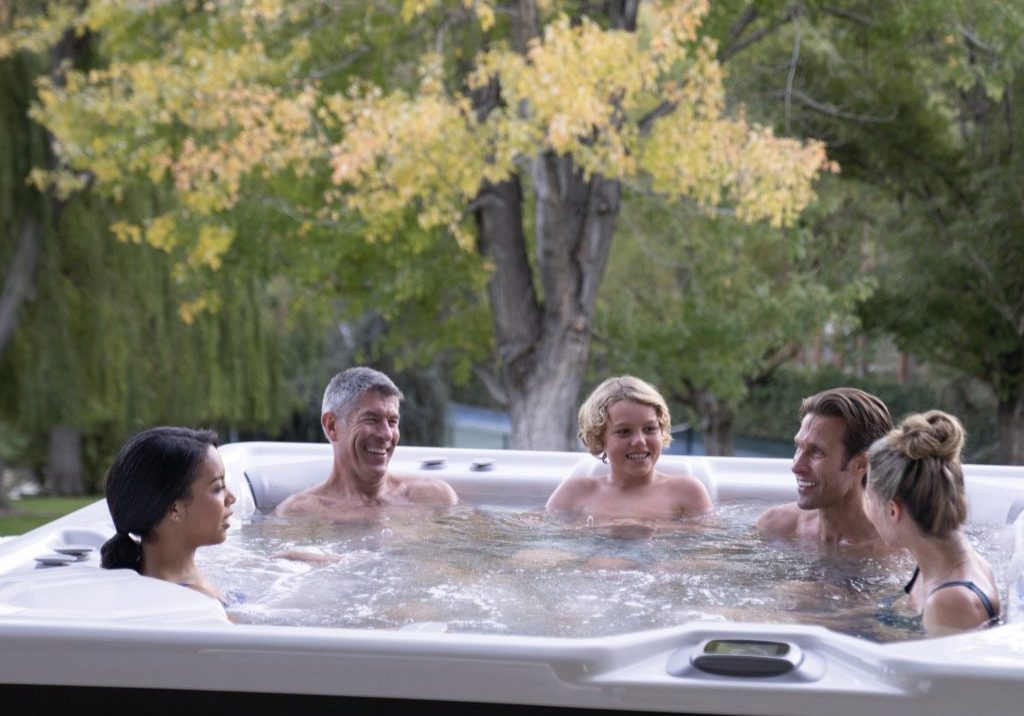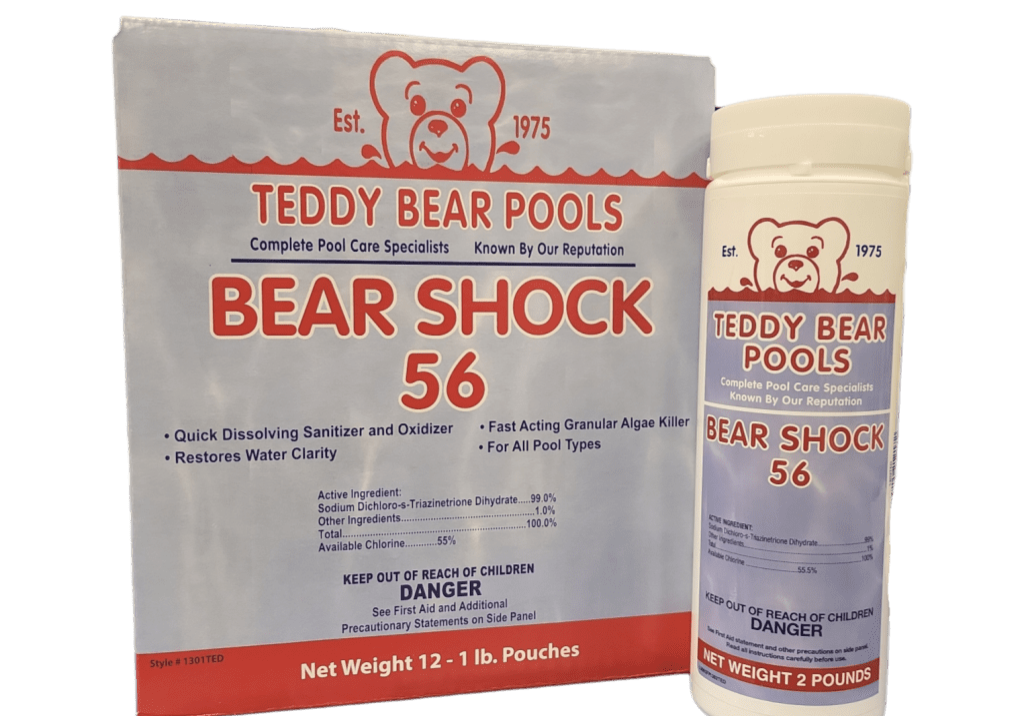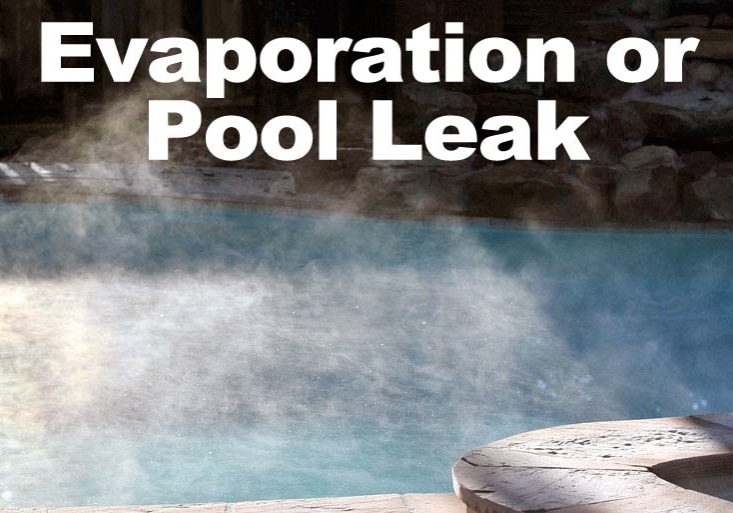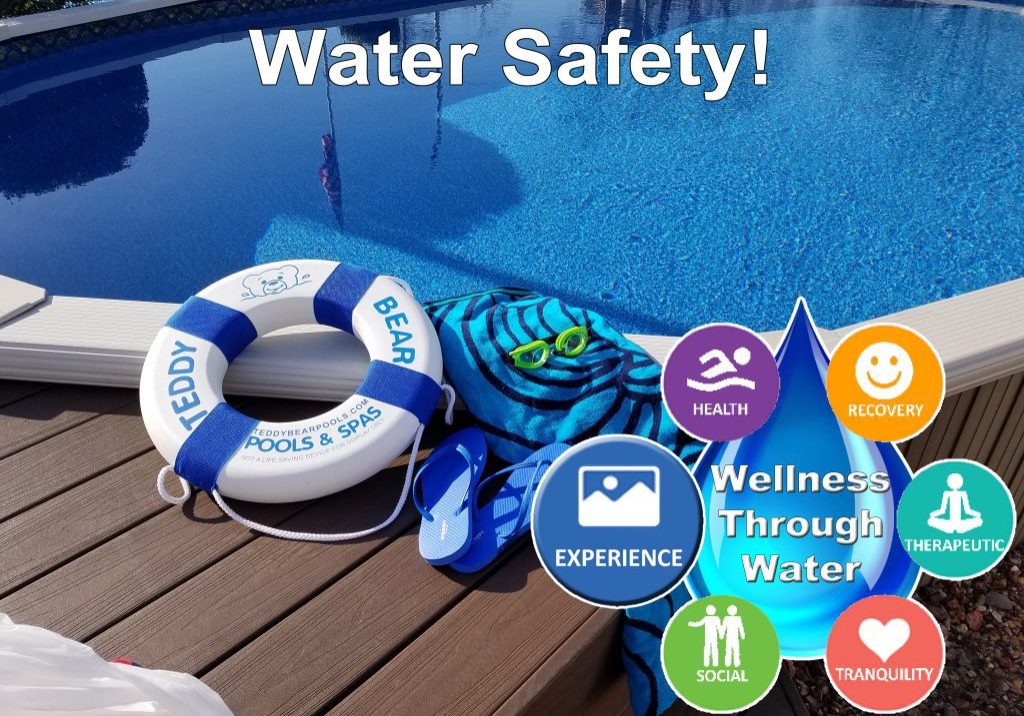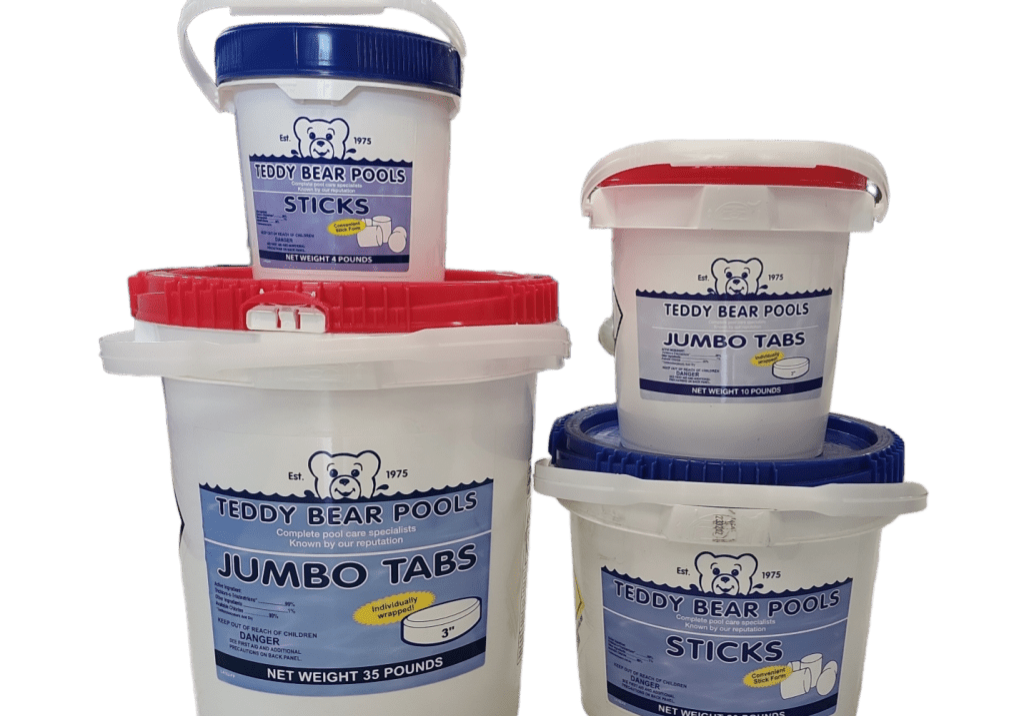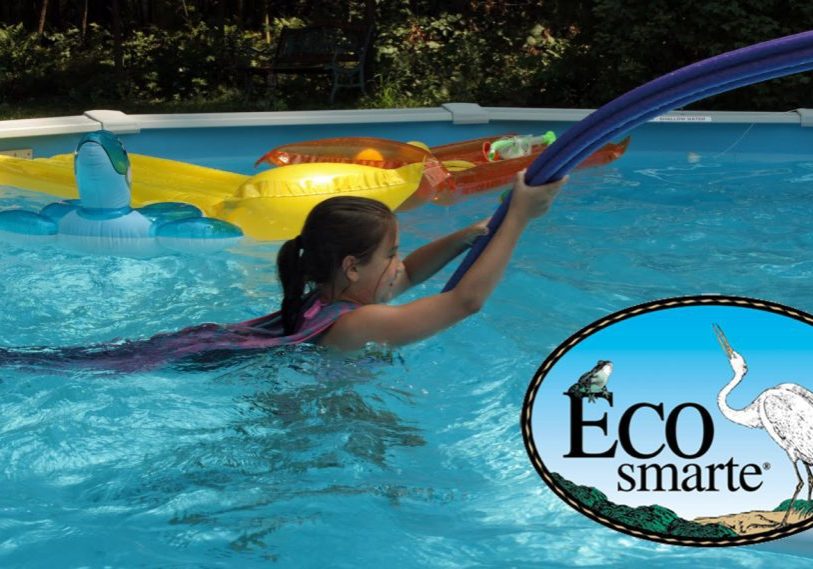
Building Blocks Of Balance
Welcome to Water Care Wednesdays! In today's post, we'll dive into the importance of balancing pH, alkalinity, calcium, and chlorine/bromine in pools and spas.
- pH: measures the water's acidity or alkalinity, and it should be kept within a specific range of 7.4-7.6. A low pH level can damage pool surfaces, pumps, and filters, while a high pH level can cause scaling and cloudy water.
- Total alkalinity: measures the water's resistance to pH changes, and it should be maintained between 80-120 ppm. Low alkalinity can cause pH fluctuations, making it challenging to maintain proper water chemistry, while high alkalinity can cause scaling and cloudy water.
- Calcium hardness: measures the dissolved calcium in the water, and it should be maintained between 200-400 ppm. Low calcium hardness can cause corrosion and damage to pool surfaces, pumps, and filters, while high calcium hardness can cause scaling and cloudy water.
- Chlorine or Bromine: is added to the water to sanitize it and kill bacteria and other microorganisms. It is crucial to maintain the appropriate level of sanitizer in the water to keep it clean for use. Chlorine should be between 1-3 ppm, while Bromine should be between 3-5 ppm. Low sanitizer levels can lead to the growth of algae and bacteria, causing cloudy water.
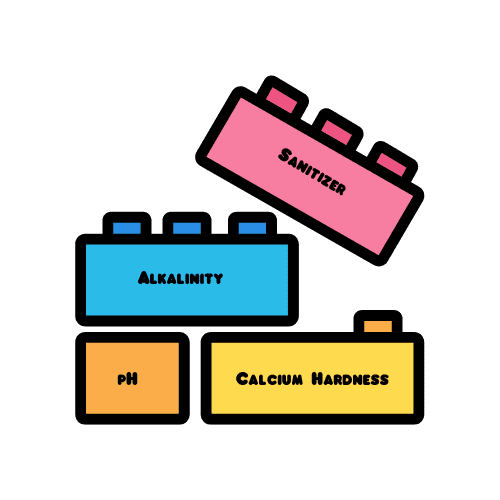
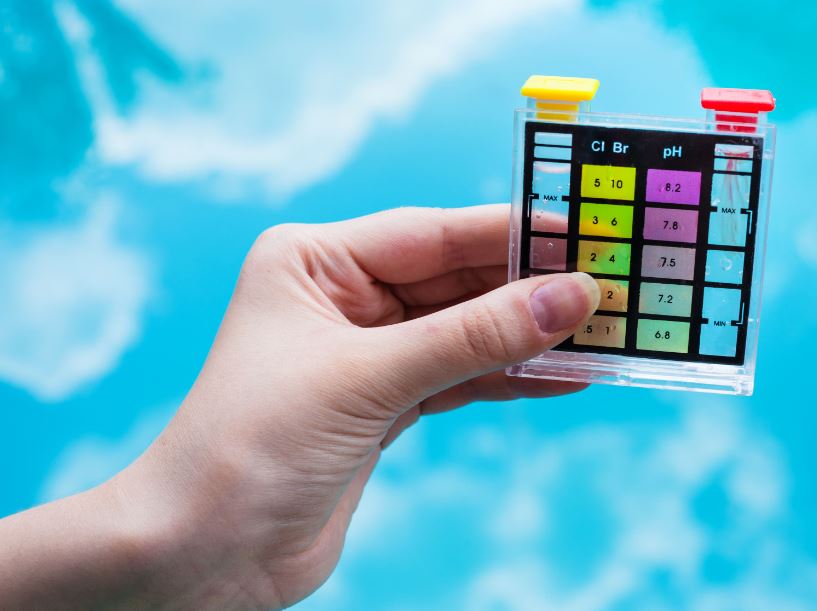
To achieve balanced water chemistry, follow these steps:
- Test the water regularly: Use a testing kit to check the water's pH level, total alkalinity, calcium hardness, and sanitizer level. Test the water at least once a week and adjust the chemicals as needed.
- Adjust the pH level: If the pH level is too high, add TBP pH Decreaser to lower it. If the pH level is too low, add TBP pH Increaser to raise it.
- Adjust the total alkalinity: If the total alkalinity is too low, add TBP Alkalinity increaser. If the total alkalinity is too high, add TBP pH Decreaser to lower it.
- Adjust the calcium hardness: If the calcium hardness is too low, add TBP Calcium Hardness to increase it. If the calcium hardness is too high, dilute the water.
- Add sanitizer: Add chlorine or Bromine to the water to maintain the appropriate level of sanitizer.
Teddy Bear Pools recommends testing your water regularly, preferably at the beginning, middle, and end of the season, at a laboratory to get a comprehensive analysis of your water, including metals and minerals that can affect your pool or spa's water chemistry. Between lab tests, use a testing kit to check the water regularly and adjust the chemicals as needed.
If you have any questions or concerns about maintaining proper water chemistry, bring a water sample to Teddy Bear Pools or send us an email at [email protected]. We are happy to help you with all your pool and spa needs.
Thank you for reading, and stay tuned for the next Water Care Wednesday post coming soon.

